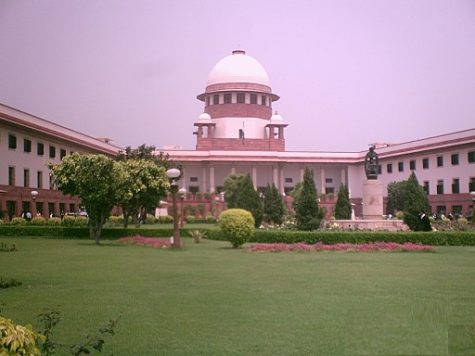Supreme Court Denies Petition for 3-Year LL.B Degree After 12th Standard. 
In a recent development, the Supreme Court, on Monday, April 22, dismissed a petition requesting the allowance of a 3-year LL.B degree course immediately after completing the 12th standard. This decision marks a significant stance on the structure and prerequisites of legal education in the country.
The plea filed by lawyer Ashwini Upadhyay said it was “seeking direction to the Centre and Bar Council of India to form an expert committee to ascertain the feasibility of starting three-year Bachelor of Law course after 12th standard like Bachelor of Science (BSc), Bachelor of Commerce (BCom) and Bachelor of Art (BA) courses.
A Bench comprising Chief Justice D.Y. Chandrachud and Justice J.B. Pardiwala said the five-year LLB (Bachelor of Law) course is “working fine” and there was no need to tinker with it.We need mature people coming into the profession. This 5-year course has been very beneficial,” the Bench said while permitting the PIL to be withdrawn.
However, the Supreme Court’s decision to reject the petition underscores the complexities and nuances inherent in legal education and professional training. The judiciary’s role in upholding the integrity and standards of legal practice is paramount, and any modifications to existing norms require careful consideration and deliberation.
In conclusion, the Supreme Court’s refusal to entertain the petition for a 3-year LL.B degree immediately after the 12th standard reflects a reaffirmation of the existing framework of legal education in India. While the debate surrounding educational reform is ongoing, the decision underscores the importance of maintaining academic rigor and upholding the standards of legal professionalism in the country.

